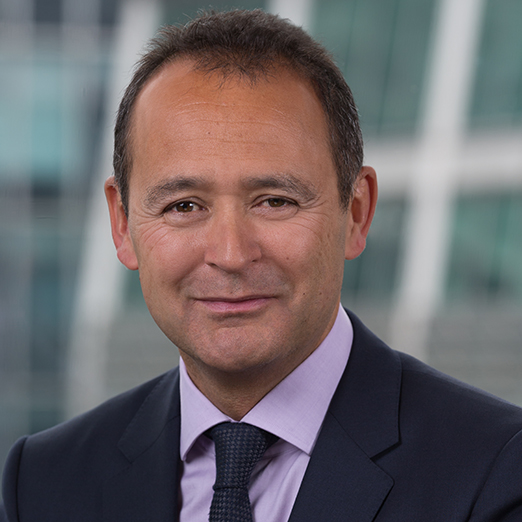
29 Oct 2021
Autumn Budget reaction with Philip Shaw, Chief Economist
The Chancellor unveiled a more generous Autumn Budget than many had anticipated. Here’s the snap reaction from the Investec economics team.
How would you describe this Budget?
The Chancellor’s fiscal strategy could be described as tax and spend. The spend is a feature of the government’s levelling up policy – an attempt to improve the infrastructure of the less prosperous areas of the UK and to support the less wealthy given rising living costs such as energy bills. Most notable was the reduction in the Universal Credit taper to 55% from 63%, despite his decision not to maintain the (temporary) £20 uplift.
The Institute for Fiscal Studies calculates that the new spending plans would take expenditure in 2024/25 £10bn above forecasted pre-pandemic levels and that tax as a share of GDP this year is forecast to rise to its highest level since the 1940s.
The tax strategy comes from the need to present a responsible fiscal stance as the budget deficit soared during the pandemic.
What do you think the economic implications are?
The economy has enabled the Chancellor to spend more and arguably to tax less. The plans were driven by the success in the vaccination programme which has allowed the economy to open up.
The Office of Budget Responsibility’s latest view is that the amount of longer-term damage, or scarring, to the economy from the pandemic is 2% of GDP, rather than the 3% previously thought.
If you include the introduction of the social care levy, this was a tax-based Budget. In March the Chancellor increased National Insurance contributions and Corporation Tax to facilitate spending plans. What you would hope is that planned increases in spending will drive productivity through creation of better paid jobs, but time will tell.
In the meantime, the economy will continue to grow relatively quickly as spending recovers following the pandemic, but this could be hampered by supply chain issues and downward pressure on household spending.
What about the property market?
There were a limited number of property-related measures announced in the Chancellor’s address with the focus on building new homes. This included a £1.8bn fund for investment in brownfield sites and £11.5bn for affordable homes.
Confirmation that property investors will now have 60-days to declare capital gains instead of 30-days have been welcomed by many as a way of easing the administrative demands on complex sales for investors.
Should we be expecting the Bank of England to raise interest rates?
The Base rate is one lever the Bank has to help control inflation. There was much speculation that a change to the Base Rate (which impacts interest rates) could have come as early as 4 November 2021. However, the Monetary Policy Commitee decided to maintain the existing base rate.
What is the effect of the Budget for high-net-worth individuals?
An increase in Capital Gains Tax and change to pension allowance restrictions had been touted. However, the speed of the recovery has in itself pushed up tax receipts and limited the amount of pressure on social expenditure. Therefore, there was very little personal change for high-net-worth individuals.
However, entrepreneurs could benefit. The Chancellor announced a new temporary business rates relief for retail, hospitality and leisure firms for one year, worth almost £1.7bn. Under the plans any eligible business will receive at least 50% off their business rates bills in 2022-23, up to a maximum of £110k.
Do you have an economy or property-related question?
To learn more about our mortgage offering, talk to a private banker or complete our callback form.

